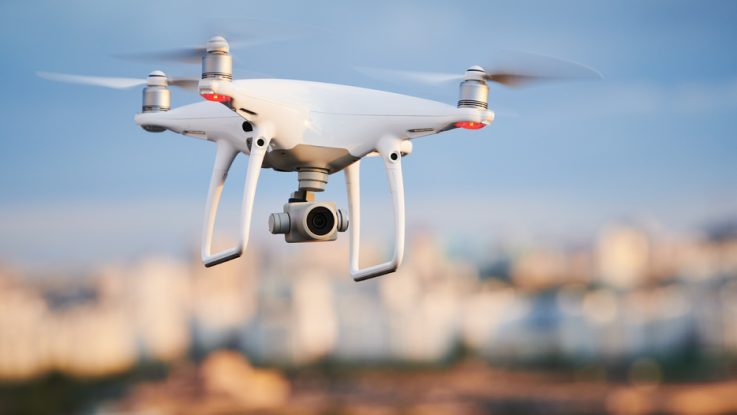
The Hague in the Netherlands is launching a year-long drone detection project. Most of the city is designated as a ‘no-fly zone’ in order to protect nature reserves, ministries, embassy buildings, and the airport.
The project will use sensors in three areas of the city to detect the radio signals which are used to control drones. The data will show the type of drone, the altitude, and where they are flown – but the identity of the operator will remain anonymous.
“Drones are here to stay. The technology is developing rapidly and more and more people are purchasing a drone,” said City Alderman Saskia Bruines. “But this increase in the number of drones does create new challenges in the air. Think of privacy protection of the people who come into the picture, but also safety in the airspace. Together with the police, the municipality will map out how many drones are circulating in the airspace. We can then visualize how it can be handled in a safe way.”
The project is part of the SHIELD initiative – a collaboration of the municipality of The Hague and the police, working on technological innovations related to safety and security. Current project examples include crowd management, a trial with the detection of nitrous oxide (laughing gas) usem and automatic detection of shipping in the port.
“The vast majority of [drone] pilots have innocent plans, but as police we must also be alert to dangerous aspects of this development. That’s our job,” said Chiu Man, head of operations for The Hague’s police department.